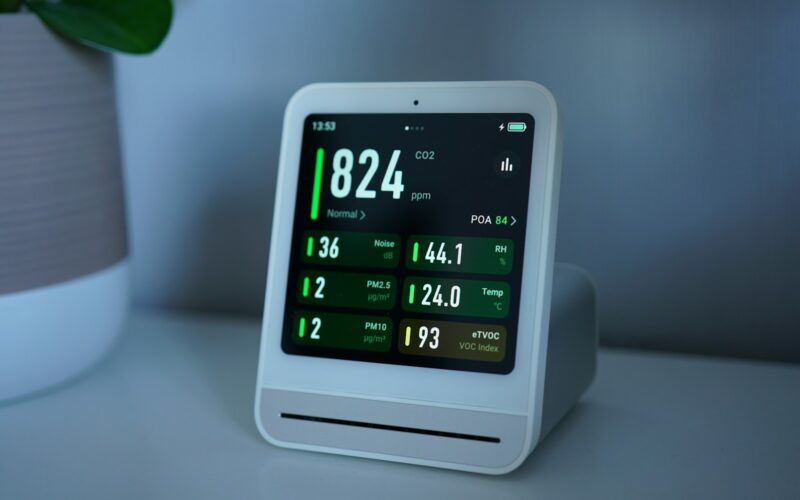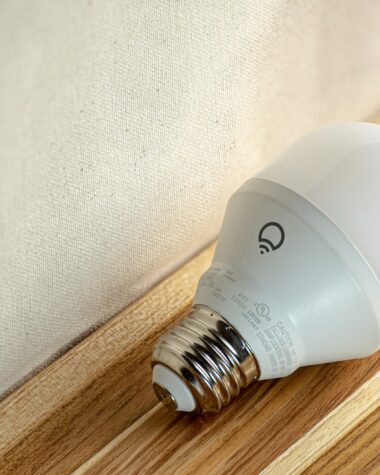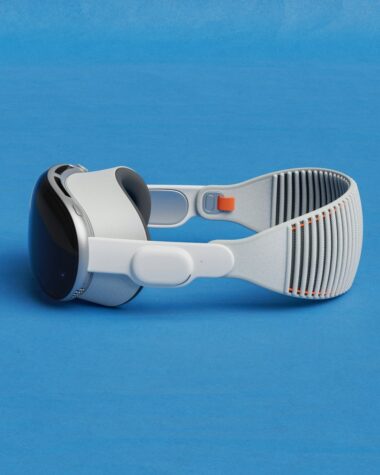Modern life is filled with choices, from what to eat and how to budget, to managing health, travel, and work priorities. While these decisions can be overwhelming, technology now offers devices and systems designed to guide us through complexity, provide actionable insights, and reduce decision fatigue. By analyzing data, predicting outcomes, and offering personalized recommendations, these tools help users make smarter choices quickly and confidently.
This article explores the devices that are transforming how people approach complex decisions, highlighting innovations in health, finance, daily routines, and personal growth that simplify life while maintaining control and agency.
1. Health and Wellness Devices
Wearables for Informed Health Choices
Wearable technology tracks vital signs, activity, sleep, and stress levels, providing real-time insights. These devices help users make informed health decisions, from adjusting exercise routines to improving sleep patterns. By analyzing trends over time, wearables can suggest actionable changes, reducing uncertainty and promoting well-being.
Personalized Nutrition Tools
Smart devices and apps offer dietary guidance based on individual health data, preferences, and goals. They suggest meals, track nutrients, and recommend lifestyle adjustments. This helps users make healthier eating choices effortlessly, turning data into decisions that support long-term wellness.
2. Financial Decision Devices
Budgeting and Expense Trackers
Modern financial devices and apps categorize spending, monitor income, and forecast future expenses. By presenting clear overviews of financial health, these tools guide decisions about saving, investing, or budgeting, reducing stress and preventing costly mistakes.
Predictive Financial Advisors
AI-driven finance assistants analyze spending habits, market trends, and personal goals to provide recommendations. Users receive guidance on priorities like saving for goals, adjusting monthly expenses, or planning purchases, making financial decisions simpler and more reliable.
3. Smart Home Decision Support
Energy and Resource Optimization
Smart home systems monitor electricity, water, and heating use, providing suggestions for efficiency. Devices recommend optimal appliance schedules, lighting adjustments, and temperature settings, enabling homeowners to make eco-friendly and cost-effective choices effortlessly.
Security and Safety Management
Home security systems use AI to detect unusual activity, alert users, and even suggest preventive actions. These devices guide decisions about locking doors, activating cameras, or contacting authorities, simplifying the management of home safety.
4. Productivity and Scheduling Devices
AI-Powered Planners
Digital planners analyze work habits, deadlines, and priorities to suggest optimal daily or weekly schedules. These devices help users decide when to tackle tasks, schedule meetings, or take breaks, ensuring productivity without mental overload.
Task Automation Tools
Automation devices can manage repetitive tasks, such as responding to emails, sending reminders, or syncing calendars. By reducing the number of micro-decisions, these tools allow individuals to focus on high-impact choices and strategic thinking.
5. Travel and Navigation Devices
Smart Travel Assistants
Navigation apps and travel planning devices suggest routes, transportation options, and timing based on real-time data. Travelers can make informed decisions about commuting, trips, or sightseeing efficiently, avoiding stress and wasted time.
Personalized Recommendations
Advanced travel devices consider user preferences, budget, and past behavior to suggest hotels, restaurants, and attractions. These systems transform decision-making from guesswork into a tailored, streamlined experience.
6. Learning and Personal Growth Devices
AI Learning Platforms
Devices and apps can curate educational content based on skill level, learning style, and goals. They recommend courses, practice routines, and learning strategies, helping users make smart decisions about how to grow their knowledge effectively.
Goal-Tracking Devices
Smart tools track progress toward personal or professional goals, offering reminders, motivational feedback, and suggestions for adjustments. These devices simplify decisions related to prioritization, pacing, and commitment, keeping individuals aligned with their objectives.
7. Ethical and Lifestyle Decision Support
Sustainable Living Devices
Eco-conscious smart devices suggest lifestyle adjustments to reduce environmental impact. They guide choices in energy use, transportation, and resource consumption, empowering users to make ethical decisions effortlessly.
Mindfulness and Well-Being Gadgets
Wearables and apps encourage meditation, breathing exercises, and reflection, helping users decide when to pause, rest, or engage in self-care. By integrating these insights into daily life, individuals make decisions that enhance mental and emotional health.
Conclusion
Devices that simplify complex decisions are transforming modern life. From health and finance to home management, productivity, travel, and personal growth, technology provides clarity, guidance, and actionable insights that reduce stress and improve outcomes.
The key is using these tools thoughtfully, leveraging data and AI to enhance decision-making while maintaining personal control. When applied strategically, these devices make life less overwhelming, enabling smarter choices, greater efficiency, and more time to focus on meaningful experiences and personal priorities.








